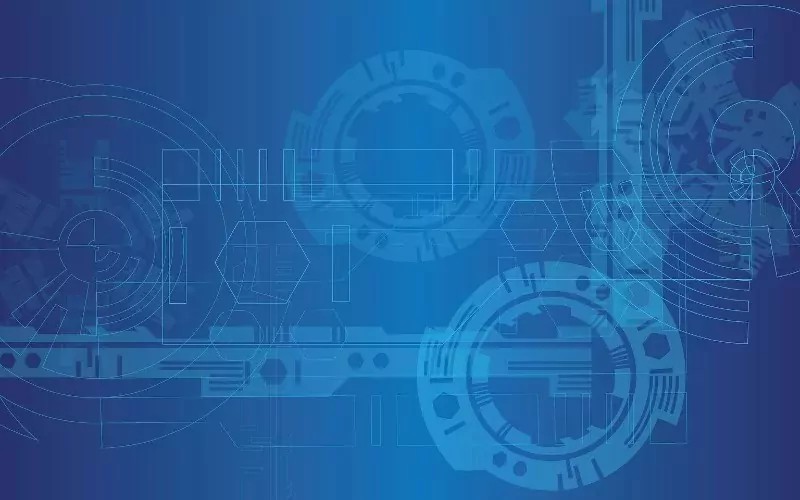A UK-engineered satellite embarks on a groundbreaking mission to mitigate the dangers posed by space debris. In a bold initiative, the RemoveDEBRIS mission aims to demonstrate effective strategies for cleaning Earth’s orbit.
Launched from the International Space Station, this ambitious project is spearheaded by the University of Surrey and Surrey Satellite Technology. It exemplifies the innovative prowess of the UK’s space sector, paving the way towards tackling one of space exploration’s most pressing challenges.
The RemoveDEBRIS satellite is testing a range of pioneering techniques to combat the issue of space debris. Among these methods are the use of a net and a harpoon to capture debris, representing a significant advancement in debris removal technology. The mission will also evaluate the potential of advanced cameras and radar systems in detecting space junk, indicating a multifaceted approach to this global issue.
RemoveDEBRIS will use a net and harpoon to capture test debris. Such innovative approaches mark a new era in space exploration technology, blending mechanics with digital innovations.
This dual strategy combines physical capture techniques with state-of-the-art detection methods, ensuring comprehensive coverage in debris management. The use of advanced cameras and radar further highlights the project’s commitment to leveraging cutting-edge technology.
The project is supported by the UK space community, with backing from key government entities like the UK Space Agency.
British innovation plays a crucial role in this mission, illustrating the country’s leadership in space technology and research. The collaboration underscores Britain’s strategic efforts to enhance its global position in the space market.
Innovations from this project could enhance future space missions, showing Britain’s readiness to contribute vital technology to international space explorations.
Collisions with debris have already occurred, spotlighting an urgent need for effective solutions. Failure to manage debris could jeopardize both manned and unmanned space missions, stressing the importance of initiatives like RemoveDEBRIS.
The mission signifies a key milestone in space strategy, aligning with the UK Government’s industrial vision for the space industry.
By focusing on debris management, the UK demonstrates its commitment to sustainable space exploration and innovative technological solutions.
This mission could set precedents for international space debris initiatives, establishing the UK as a leader in this critical area of space policy.
Professor Guglielmo Aglietti of the University of Surrey highlights the significance of this mission, endorsing its solutions to the debris challenge.
He emphasises the feasibility and potential applications of the techniques tested, advocating their implementation in future missions.
The RemoveDEBRIS mission is not just about immediate debris removal but also about setting a foundation for future debris management.
As the UK leads through the RemoveDEBRIS mission, it charts a course for future space cleanup efforts. This initiative not only addresses the pressing issue of debris but also reinforces the UK’s role as a pivotal contributor to global space exploration and safety.


